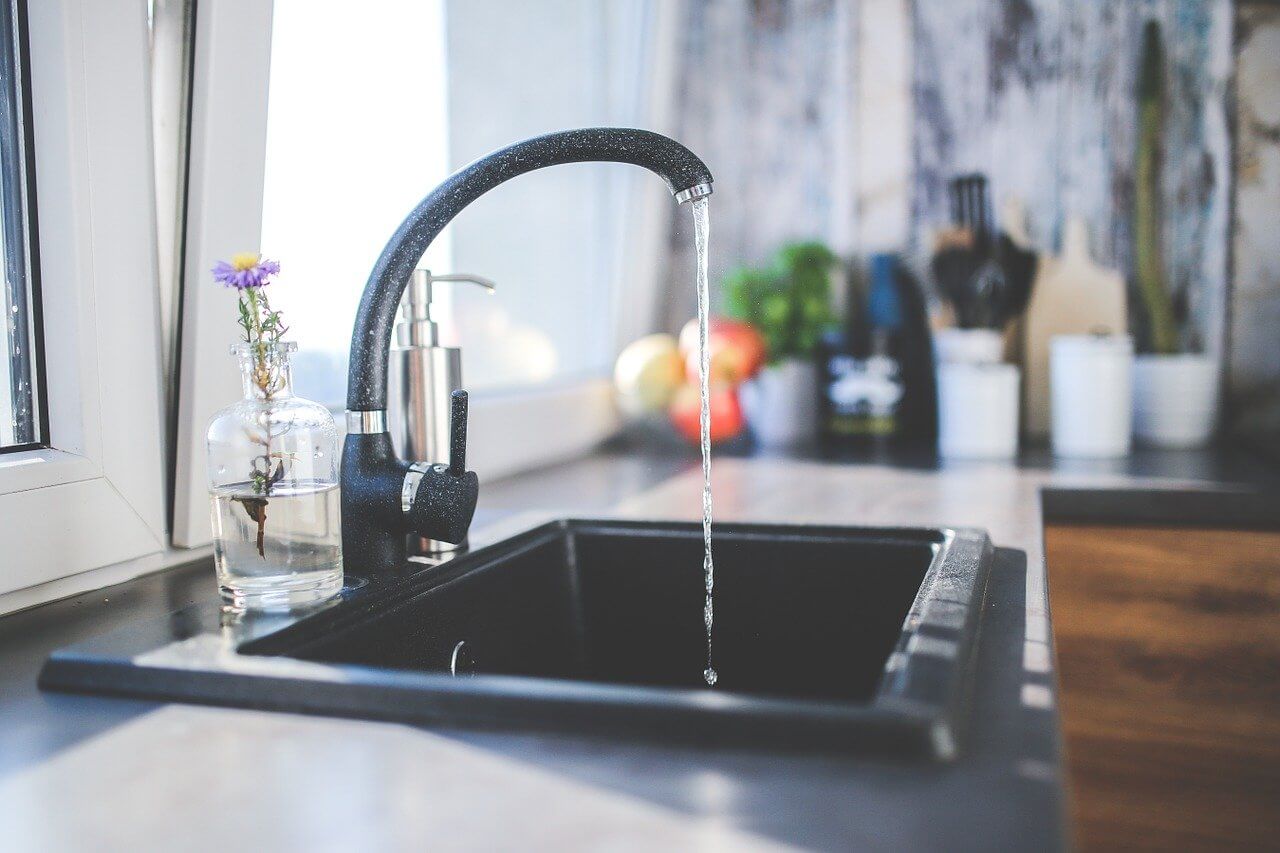Why soft water is better for your boiler
Living in Scotland has so many advantages from the scenery to the lack of poisonous spiders. And of course our soft water.
Anyone who has travelled down to London and had a glass of tap water can support the claim that Scottish water is truly some of the best in the world.
And when it comes to central heating systems, that soft water has other advantages.
Soft water can protect the inside of your boiler system. There was a time when many believed the myth that soft water actually increased the corrosion inside aluminium boiler heat exchangers but this myth has been proven to be fake.
A British Standards Institute report on soft water corrosion from 2012 supported this.
Why is hard water bad for a boiler?
The average family home in an area with hard water can accumulate up to 70kg of limescale every year.

Limescale build up in a boiler can cause blockages in pipework that can reduce the boilers efficiency and increase energy consumption.
A 2013 research project conducted by the University of Plymouth found that a boiler with no limescale would take around 90 minutes to heat a home fully. With 5mm of limescale build up in the central heating system, this time jumped up to 4 hours. And with 10mm of limescale in the system, it took 6 hours. And this was in Plymouth! Can you imagine how long it would take in the depths of winter in Renfrewshire!
But why is this important if we have soft water here?
That is a valid question. With soft water, we do not have to deal with limescale build up like they do in areas with hard water. But it highlights just another layer of complexity to how boilers work and what they need to keep their efficiency. While we may not have to deal with limescale in the same way, the maintenance and servicing of a central heating system is incredibly important. A powerflush to remove any sludge rust build up inside a radiator can increase the radiators efficiency and cut your energy bills down.
To find out more about central heating services, please call us today.
Image by Karolina Grabowska from Pixabay





 ENDORSED BY Which? TRUSTED TRADERS
ENDORSED BY Which? TRUSTED TRADERS

















